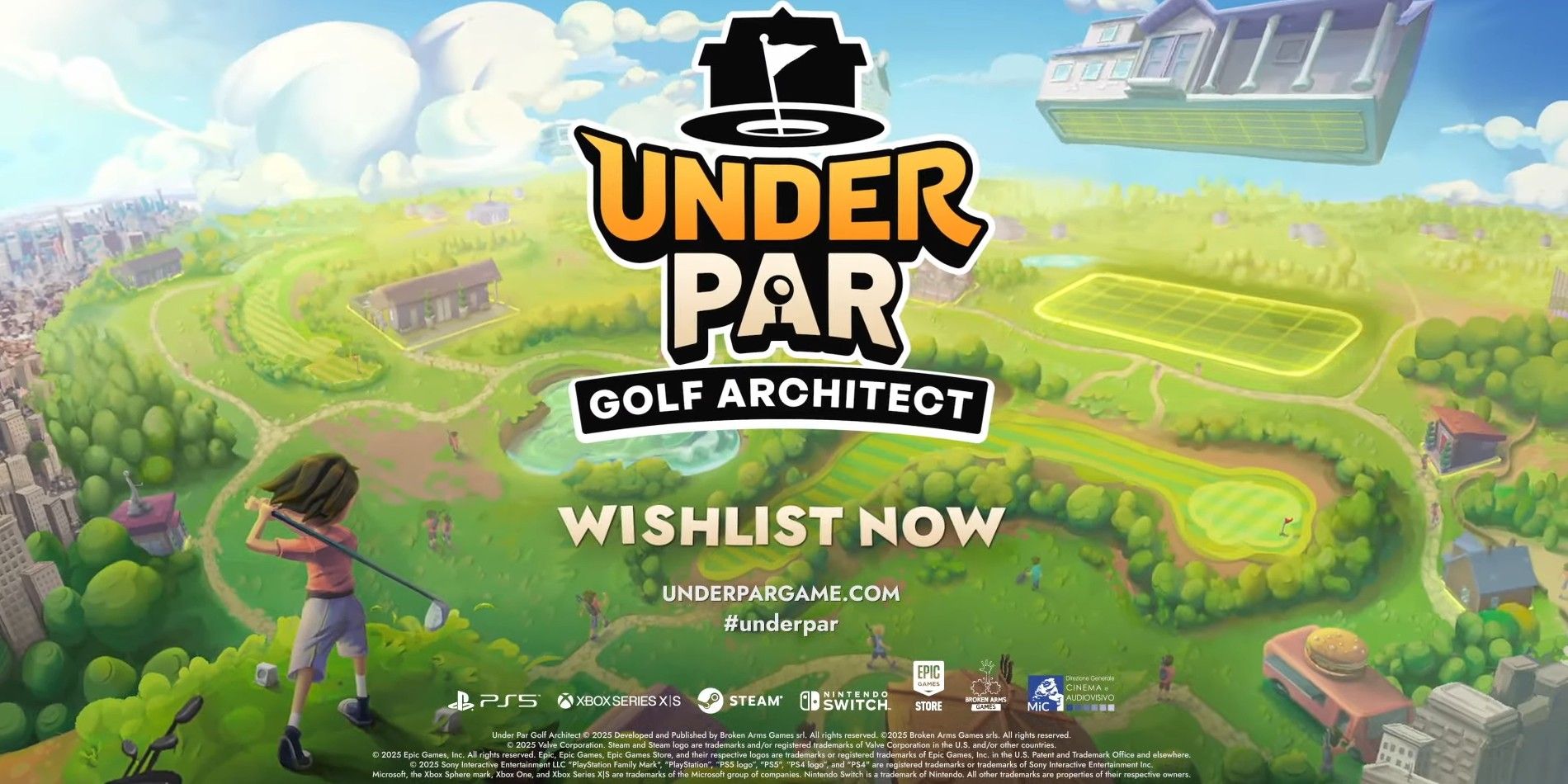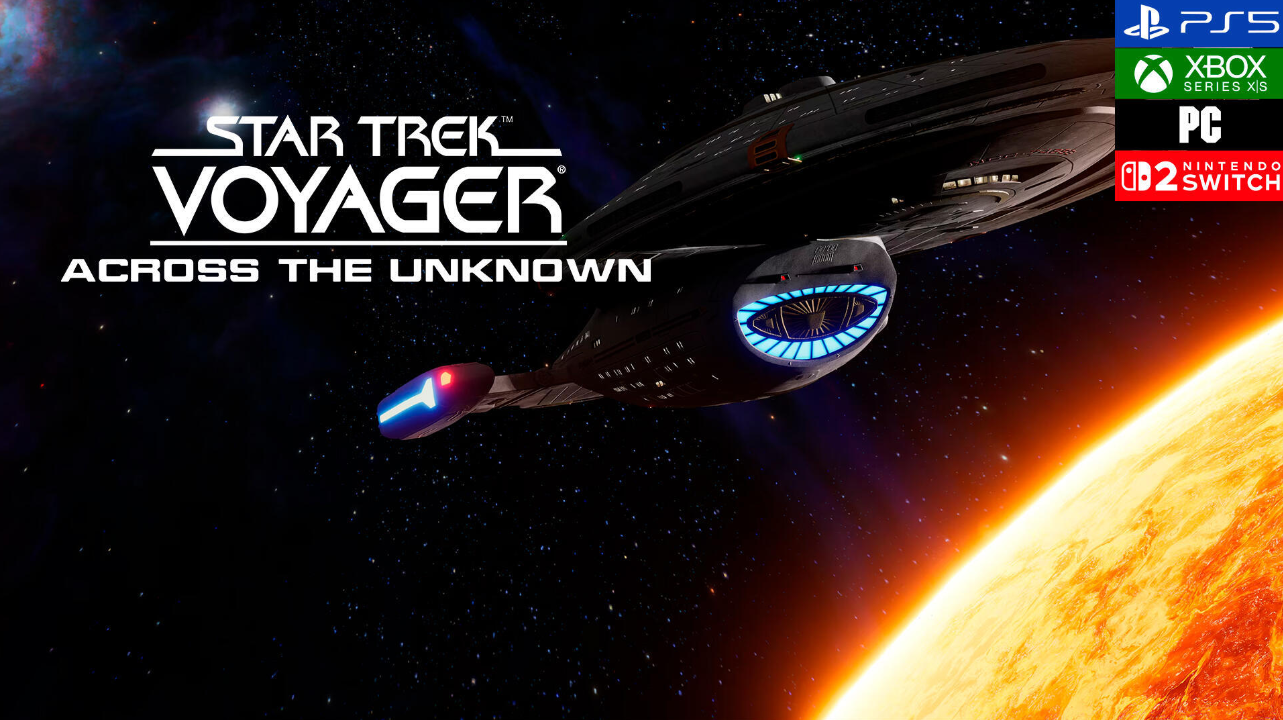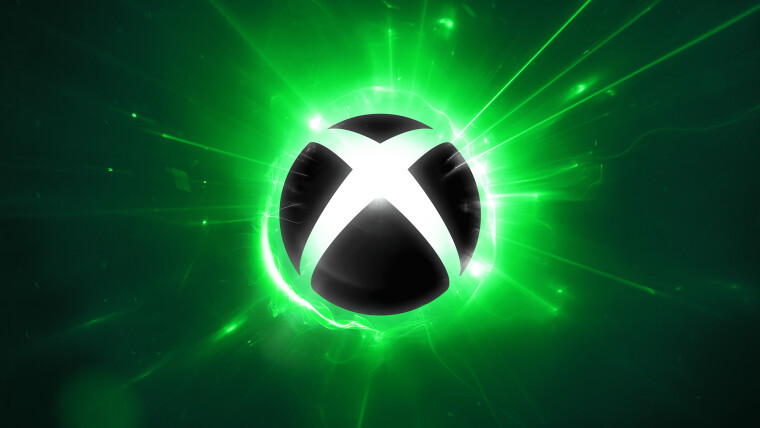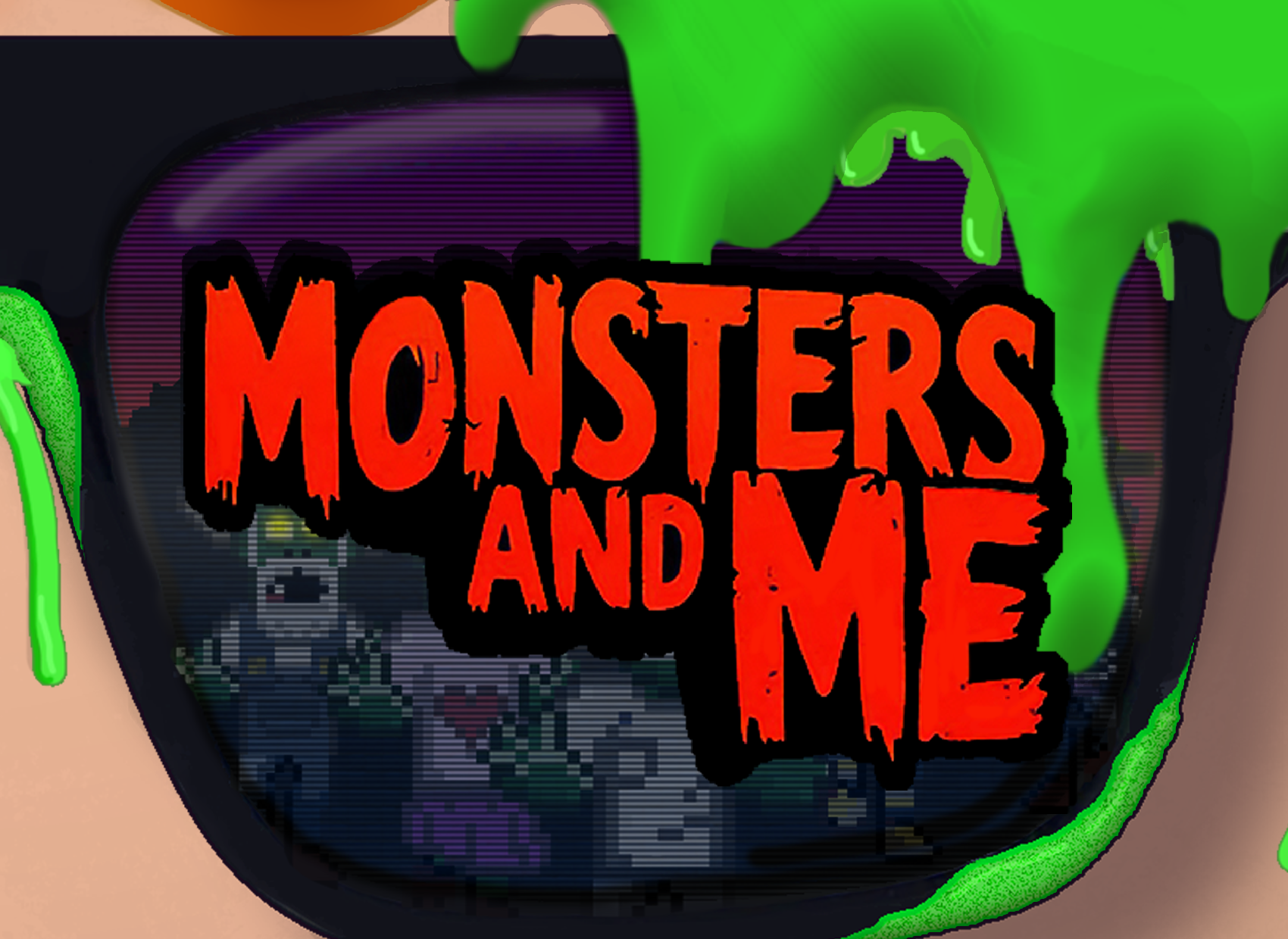Shorter games simply means I can beat more of them.
This year, the gaming industry seems to have rediscovered the perfect length for a single-player game of 20 or so hours, and what a delight it’s been. Three of October’s biggest releases—Marvel’s Spider-Man 2, Assassin’s Creed Mirage, and Alan Wake 2—all take you about 16 hours to reach the end credits. The same goes for titles like Dead Island 2, RoboCop: Rogue City, Atomic Heart, Immortals of Aveum, Hi-Fi Rush, remakes like Dead Space and Resident Evil 4, open-world titles like Forspoken and Atlas Fallen, and even expansions like Cyberpunk 2077: Phantom Liberty.
It’s a welcome change compared to the bloated titles we’ve been bombarded with in recent years, as developers and publishers, for some reason, had seemingly believed that the longer a game drags on, the more it justifies its hefty price tag. Now, I hope this trend of shorter triple-A games will continue moving forward. It’s a shift we’ve been eagerly waiting for.
Sure, it’s not like there is no place for epic, lengthy adventures in today’s gaming landscape. In fact, two of this year’s top-rated games—Baldur’s Gate 3 and The Legend of Zelda: Tears of the Kingdom—are exactly this type, offering hundreds of hours of play. Last year, Elden Ring was pronounced Game of the Year by tons of sources, boasting the same colossal scope and spanning countless hours. Yet, despite these games receiving such high praise, it doesn’t mean every studio out there should aim for the same ever-lasting scope. There’s value in titles that respect our time and offer a compact experience.
Does Bigger Always Mean Better?
Not everyone out there is interested in picking up and starting a game they’ll have to play for months. To prevent my brain melting, I, unlike our Robert, prefer to wrap up my games entirely before moving onto the next one, so I’d think twice before even starting another epic journey that’ll eat up weeks of dedicated play. Who knows how many other titles I would beat during that time spent with just this one.
Going back to shorter story-driven games, there’s a common issue about how their optional content sometimes tends to detract from your overall impressions instead of enhancing it. It’s not as straightforward as you might think, though. Some games, like Alan Wake 2, can be much more enjoyable if you take your time, savoring the experience, while others, like Spider-Man 2, are quite the opposite.
I’ve come across numerous comments about how Spider-Man 2 works best when you aren’t distracted from its tight cinematic story by needless side activities scattered all over the expanded New York map (although naturally, not everyone shares this feeling). The same is usually true for most story-driven action-adventure titles with expansive maps, where side activities for extra rewards like loot or XP could take the focus away from the game’s peak moments and urgent plot twists. In short, it’s all about striking a delicate balance without overwhelming players with excessive content.
There’s also an entirely different approach, like Bethesda’s Starfield, which was created with a vision that players would play it for years, just like Skyrim—only for the majority of its audience losing interest in mere weeks. Times are very different now than they were 12 years ago, with an abundance of high-quality games available, so to maintain such player dedication, a game really has to offer a standout experience. Starfield has seemingly failed to provide it, especially launching so close to Baldur’s Gate 3. Time will tell whether Starfield could stand the test of time like other studio’s classics, but to its credit, the main story in Starfield is also just about 20 hours long. However, it’s hard to say that rushing just the main story here will give you a proper taste of what this title really has to offer.
Taking A Shortcut
There’s an ongoing debate about how, with each passing year, games become more challenging and expensive to develop, leading to frequent delays, changes in scope, and a long array of post-launch patches aimed to improve player experience after the title has already hit shelves. Sticking to a moderate size and length, instead of trying to deliver something absurdly huge and expansive, could allow studios to focus on what matters most and allocate their resources more wisely. Personally, I’d prefer to get two shorter games within a span of four to five years rather than one double the size (and possibly more broken at launch).
Moreover, I can’t think of a focused story that truly requires more than 20 hours to be effectively told and explore its themes with all the depth necessary. Some of the longer games launched this year, such as Final Fantasy 16 or Hogwarts Legacy, had surprisingly little meaningful things to say, masking their shallowness with endless combat encounters and monotonous side activities. I can’t help but wonder, would these titles really suffer if they were trimmed down in those areas?
Shorter games usually work perfectly for me, as they simply mean I can complete even more various new games. Now, all I need to do is clear my backlog from the remains of the bygone era of overstretched games with a repetitive feel to them, taking dozens of hours to clear their map from the same icons. Let me tell you, it already sounds like a big relief.







